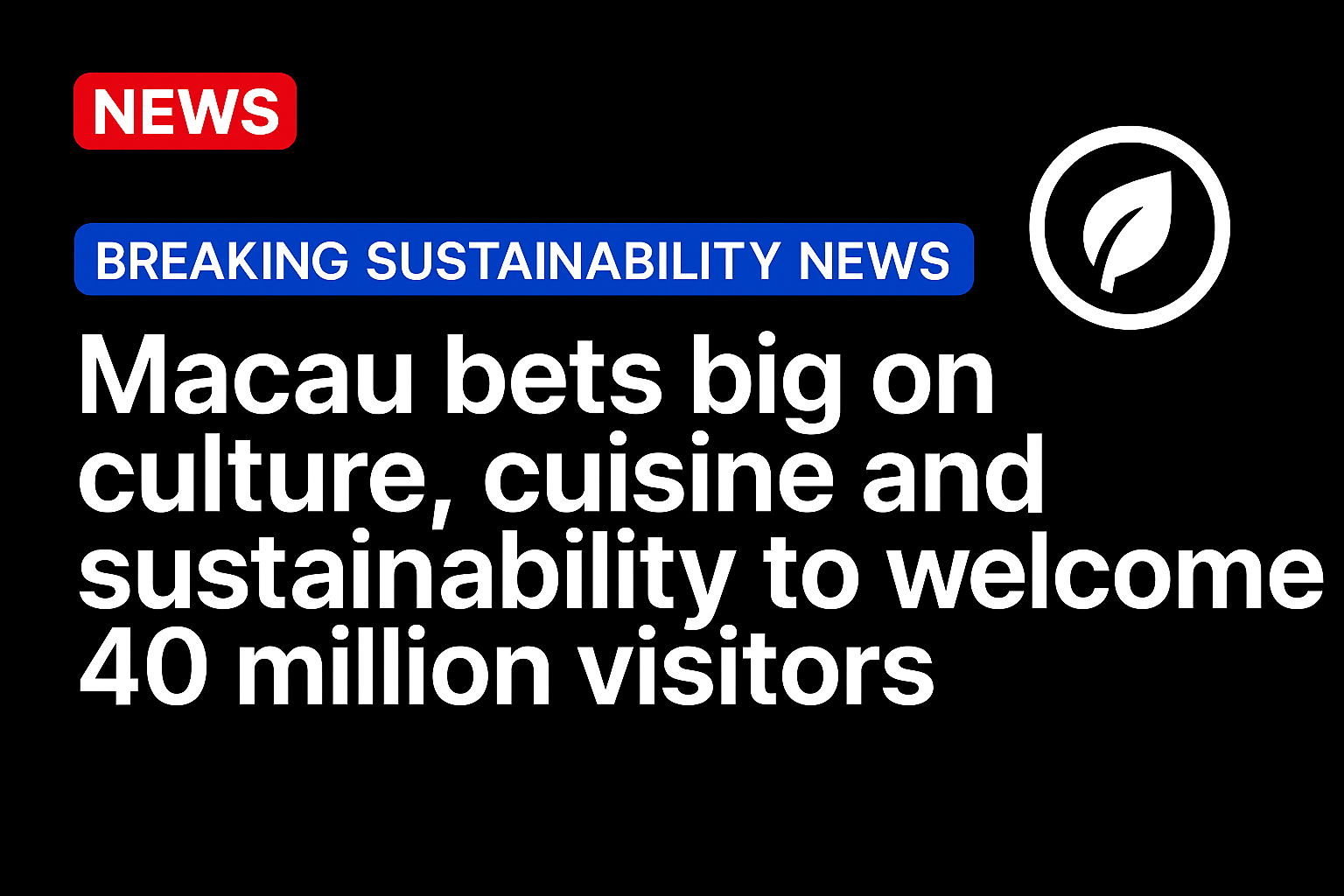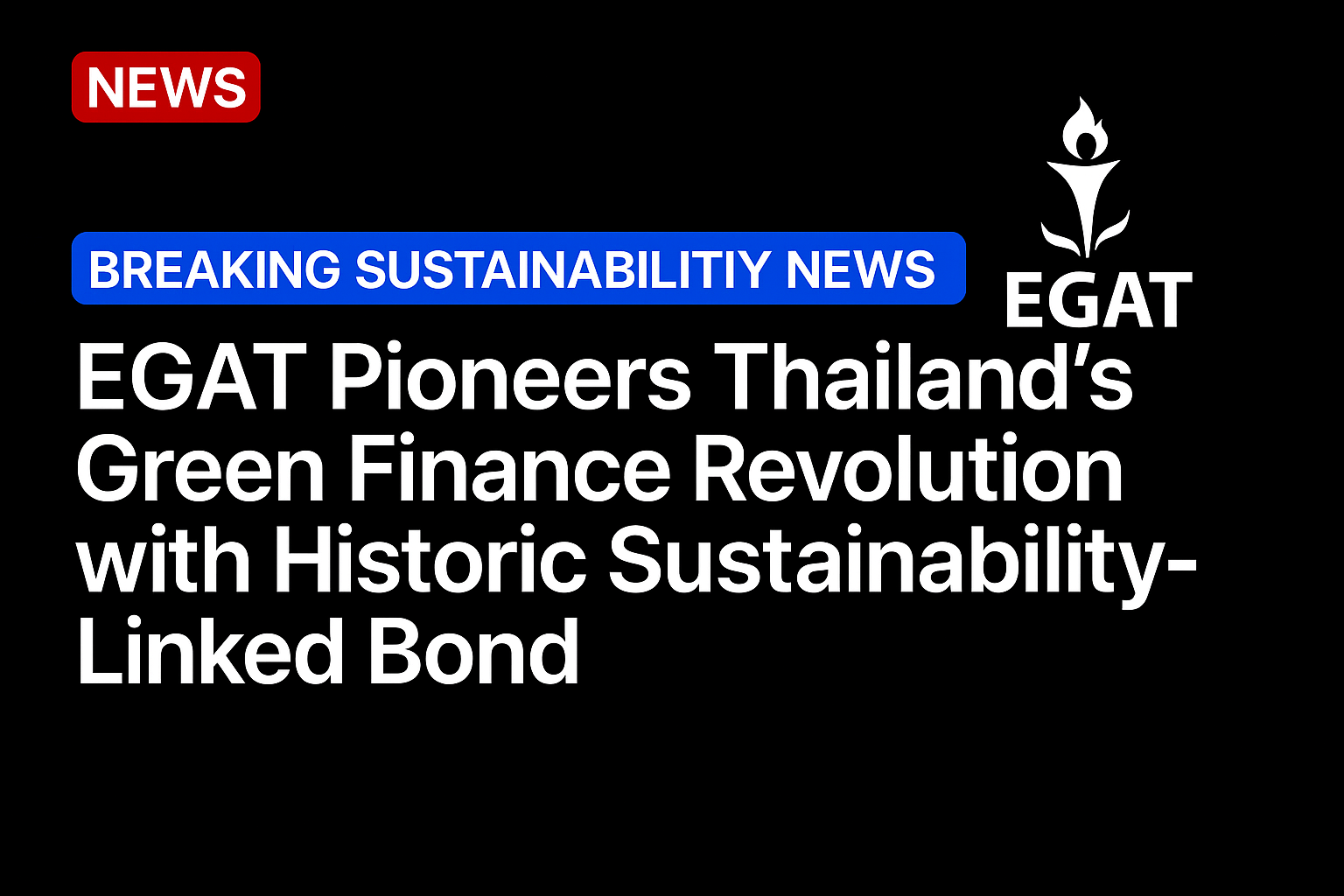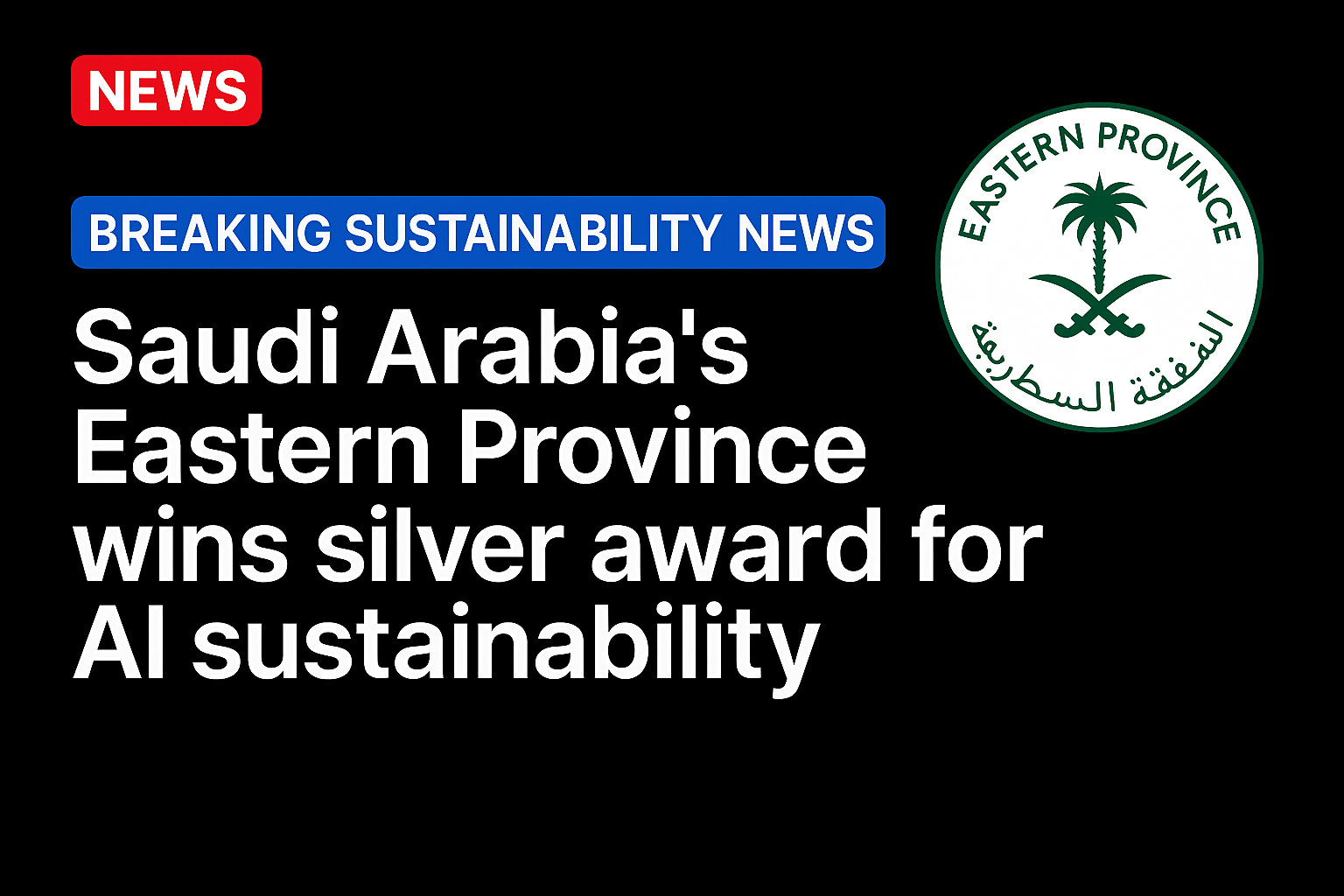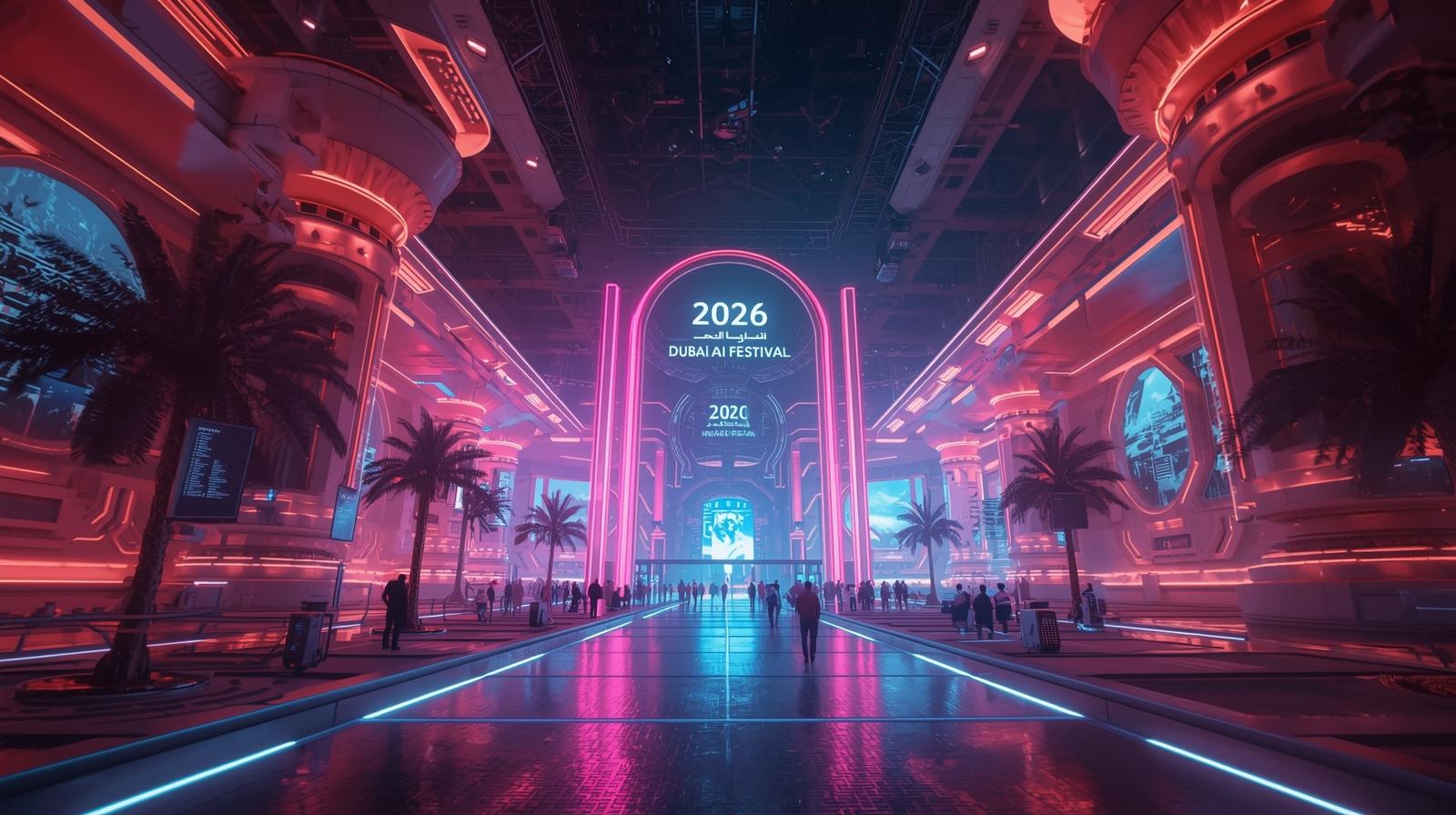Macau is redefining itself beyond casinos, highlighting heritage, gastronomy, sustainability and cultural exchange to attract diverse global visitors and new markets.
Tourism to Macau has long been synonymous with gaming. The glittering integrated resorts and casinos have shaped international perceptions of the Special Administrative Region. Yet at the Pacific Asia Travel Association’s PTM 2025 in Bangkok, Maria Helena de Senna Fernandes, Director of the Macau Government Tourism Office, told David Barrett, host of the Trends series, that the city’s ambitions stretch far beyond the casino floor. Macau is recasting itself as a centre for heritage, gastronomy, culture, trade and innovation, with diversification a central plank of its strategy.
Fernandes is keenly aware of the shorthand by which outsiders frame Macau, but she stresses the city’s 450 years of Sino-Portuguese exchange and the rich legacy that heritage brings. “We have architecture, lifestyle, food, all a result of that history,” she said. The recognition has been formalised. In 2005, UNESCO placed Macau’s historic centre on its World Heritage List. In 2017, the city joined UNESCO’s Creative Cities of Gastronomy, cementing its reputation for culinary innovation born from cultural fusion. That commitment to cultural identity has continued, with Macau this year designated an East Asian Cultural City under a cultural pact between China, Japan and Korea.
While Macau is conscious of its past, the future is shaped by its positioning within China’s wider strategy. The central government has charged Macau with three roles: a world centre of tourism and leisure; a trade and services platform between China and Portuguese-speaking countries; and a hub for cultural exchange. The responsibilities are ambitious, but tourism numbers show they are within reach. Visitor arrivals in the first half of 2025 increased 14.9% year-on-year to over 19 million, exceeding 2024 levels by July. The city is on track to reach pre-pandemic highs of nearly 40 million visitors this year, led overwhelmingly by mainland Chinese tourists under the Facilitated Individual Travel scheme.
Mainland China remains the bedrock of Macau’s visitor economy, delivering over 20 million arrivals annually. Hong Kong follows with around seven million, while Taiwan, Korea, the Philippines, Japan and the United States also feature strongly. Fernandes confirmed that Macau is working to consolidate these Asian markets while developing new ones. “We’ve just completed our first B2B roadshow in the Middle East,” she said, noting that Europe and North America remain in focus. India, though not yet in the top ten, is showing growth, spurred by high-profile entertainment events such as the hosting of the IFA Awards (Indian Film Awards). “We see more Indian families coming. Direct flights are the missing piece, but we’re working with Hong Kong and Guangdong to make the destination more accessible.”
Diversification away from gaming is essential. The government’s 2022 tender for casino licences required operators to commit to non-gaming investments, from entertainment and cultural programming to sports, meetings and conventions. The results are becoming visible. International shows, sporting fixtures and cultural events are being added to Macau’s roster, broadening its appeal. “We have a strategy called Tourism Plus,” Fernandes explained, “using tourism as the anchor while integrating culture, sports, technology, finance and even traditional Chinese medicine.” The goal is to position Macau not only as a leisure centre but also as an incubator for new industries.
Sustainability underpins much of this repositioning. Macau has introduced crowd management technologies, including an app that predicts congestion across 100 sites and suggests alternatives, encouraging dispersal of visitors into less frequented districts. The tourism office also offsets carbon emissions for its events and coordinates city-wide initiatives with the Environment Protection Bureau. As a UNESCO Creative City, Macau recognises its obligations to the UN Sustainable Development Goals. Fernandes is candid: “Sustainability is not a buzzword. It’s here to stay.”
The visitor profile is also shifting. The growth is in independent travel rather than large tour groups, and travellers are demanding more personalised, tailor-made experiences. Macau is responding by piloting inclusive tourism technology, such as an accessibility app developed for the Chinese National Games and Paralympic events, which it hopes to expand to major attractions. The silver economy, Gen Z, special interest groups and sports tourism are all in focus, reflecting the city’s aim to adapt to new demographics and expectations.
Food remains a binding thread in Macau’s cultural identity and marketing. When asked what dish best represents the territory, Fernandes highlighted Portuguese chicken, a dish not found in Portugal itself, relying on saffron sourced from India and Southeast Asia and minchi, a simple minced meat and rice dish considered Macau’s comfort food. “It shows the cultural fusion that defines Macau,” she said.
For an economy so heavily dependent on gaming revenues, the pivot to culture, sustainability and diversification is not without risk. But the recovery figures suggest the strategy is resonating. If 2025 delivers on the projected return to 40 million visitors, Macau will have proved that a city once defined by its casinos can now lay claim to a broader and more sustainable future in global tourism. As Fernandes put it, the imperative is simple: “We have to be friendly, not just try to be friendly, and continue to offer vibrancy and hospitality.” For Macau, the gamble on a diversified identity may be its most important bet yet.
Source: https://www.traveldailynews.asia/




